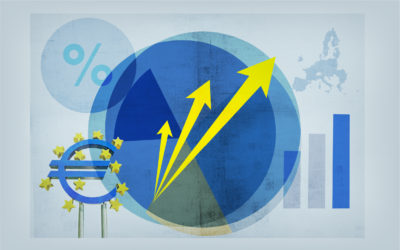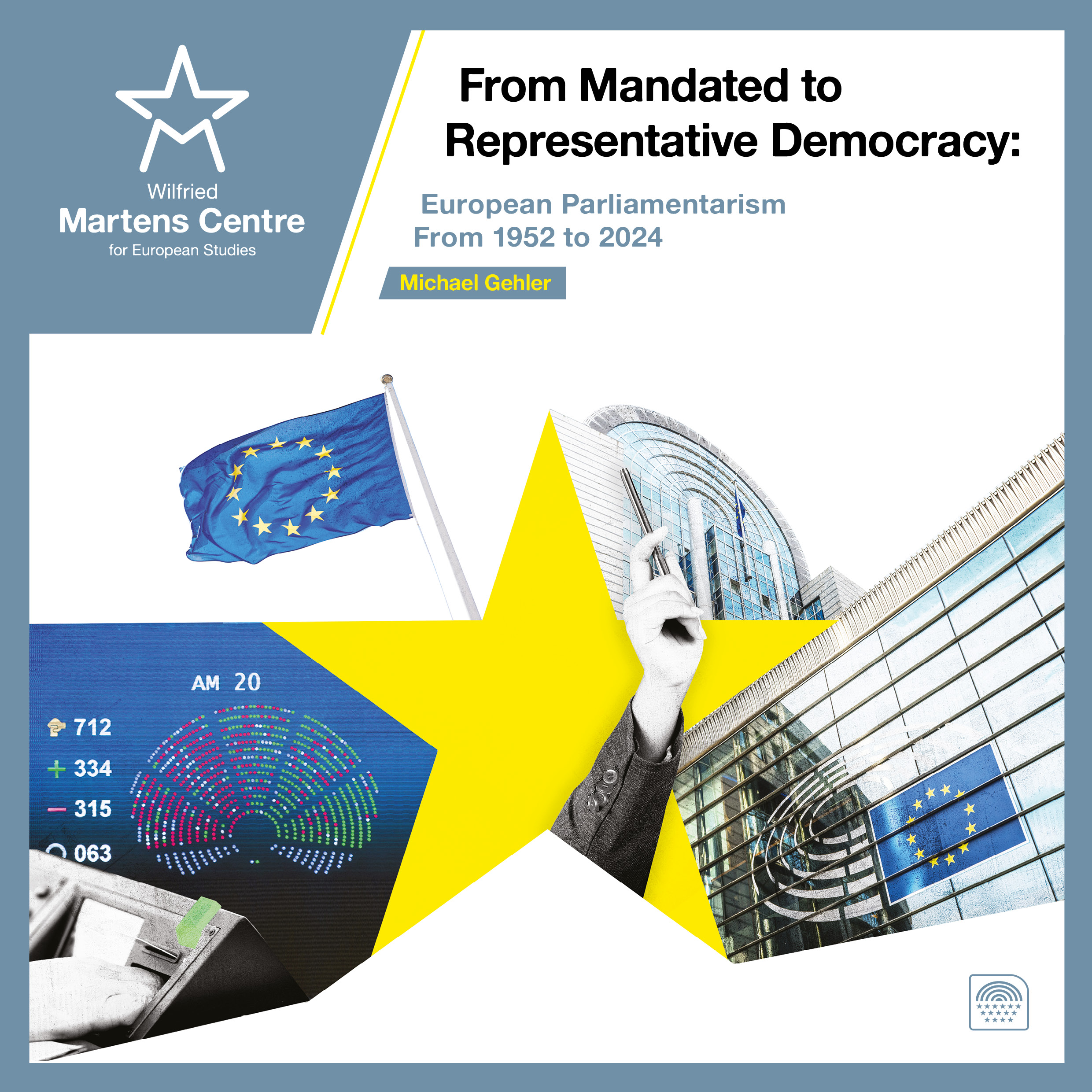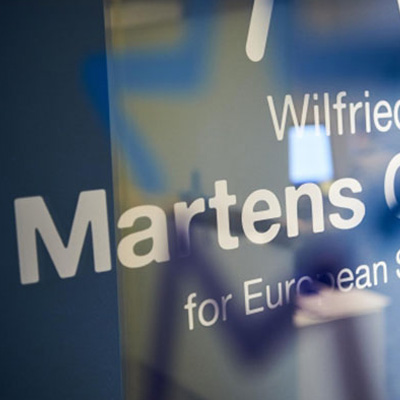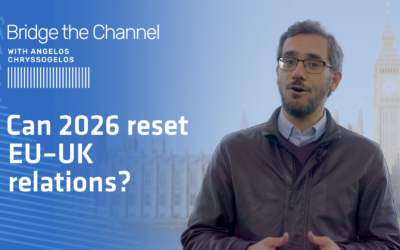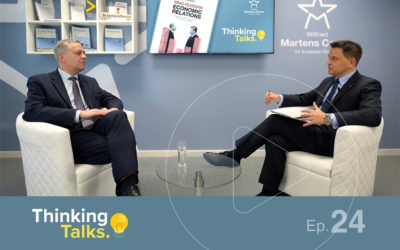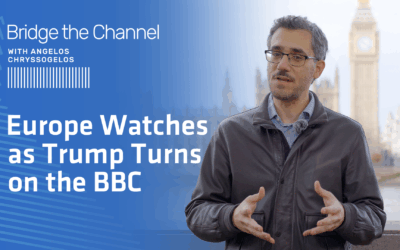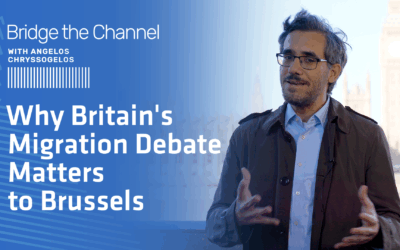Prospects for the Conference on the Future of Europe
16 December 2021
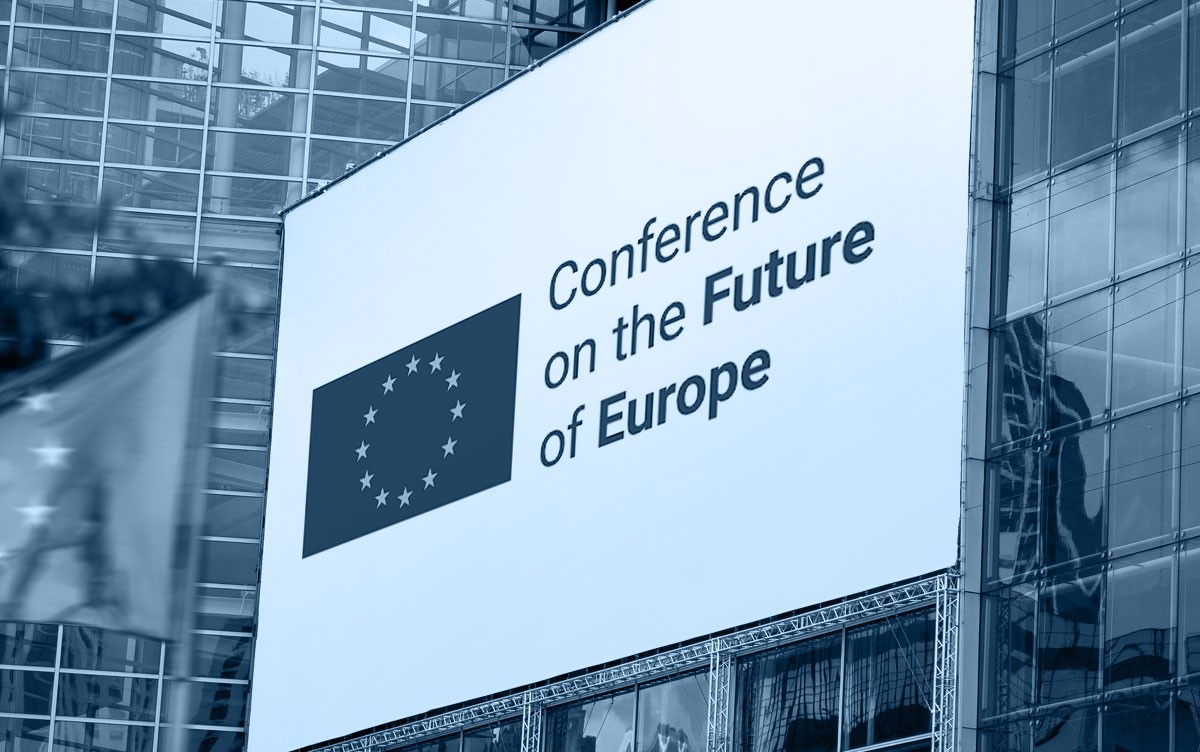
After its launch in May 2021, the Conference on the Future of Europe now finds itself needing somewhat of a boost. Intended as a participatory process to address the “collective future” of the European Union, the Conference wants to create a conversation on the Union’s future, backed by a tacit commitment that the European Commission, Council, and Parliament would follow up on the final recommendations.
The subjects tackled are wide-ranging. Some topics, such as climate change, the economy, health, digital transformation, migration, and youth, may direct policy outcomes. Other discussions tend to be more existential, including those on the EU’s place in the world, the nature of values, rights, the rule of law, and European democracy. Yet, despite this plethora of topics (or because of this extremely wide range of topics), the conversation seems to have stalled.
Some pitfalls were hard to predict. The epidemiological situation delayed initial progress for the Conference, and the volatile situation has rendered frank face-to-face conversations somewhat difficult, further stunting the discussion. Rather than focus on the future of Europe, the conversation naturally shifted to mitigating the effects of COVID-19, combatting the spread of the virus, and measures aimed at kickstarting the economy. However, the two discussions need not be mutually exclusive.
Other pitfalls were easier to discern:
The danger of apathy always lurked in the background. Though considerable effort has been made to ensure the Conference will succeed, this format may not be the best way to foster a wide-ranging participatory debate that reaches achievable conclusions.
More importantly, the outcome of the Conference remains unclear. Though the Commission has committed itself to implementing its conclusions, it is still uncertain whether these will be ambitious enough to address some severe shortcomings or be merely perfunctory.
The ultimate question will be whether the Conference will address critical concerns or create further lacunae that fuel more frustration among EU citizens.
Lacklustre participation and predictable outcomes are likely to have the opposite effect of what the Conference intended to achieve – namely, a broad discussion on the EU backed by popular legitimacy.
This, however, contrasts with what takes place in the public arena. The political debate has long been dominated by what Europe means and where the EU should go. As a result, successive elections in different countries have returned results which can be interpreted as votes of confidence (or no-confidence) in some aspects of the European project. Therefore, one can conclude that the debate on the future of Europe takes place regardless of whether it is formalised or not.
There are some steps which can be taken to add relevance to the Conference on the Future of Europe.
Firstly, the Conference is hampered by the limited time during which it can make its deliberations. Such a conversation requires careful thought, and changing circumstances warrant the consideration of an extension, within which these discussions can properly take place. Unfortunately, President Macron’s wish to have this Conference conclude during the rotating French Presidency of the Council makes this almost impossible.
Secondly, the discussion on the future of Europe is now intertwined with the post-COVID-19 scenario (or, rather, with the evolving COVID-19 situation), as the pandemic and its consequences are likely to affect all of the key areas discussed by the Conference. In effect, the EU’s future reputation hinges on how it responds to such issues.
Thirdly, the EU needs to tacitly recognise that the conversation over the future of Europe is taking place regardless of whether it is formalised in such processes. These debates are often over-simplified and boxed in two camps – those broadly seen as being “pro-EU” and those which are more eurosceptic.
However, when one delves into the general discussions on the EU, one finds a somewhat nuanced view where legitimate concerns over certain policy aspects coexist with the genuine desire for further collaboration in others. In essence, this encapsulates one of the very key principles which the EU should cherish – that of subsidiarity.
As the Conference begins to draw its conclusions, all eyes will be on how the institutions react and what their next steps will be.
ENJOYING THIS CONTENT?





